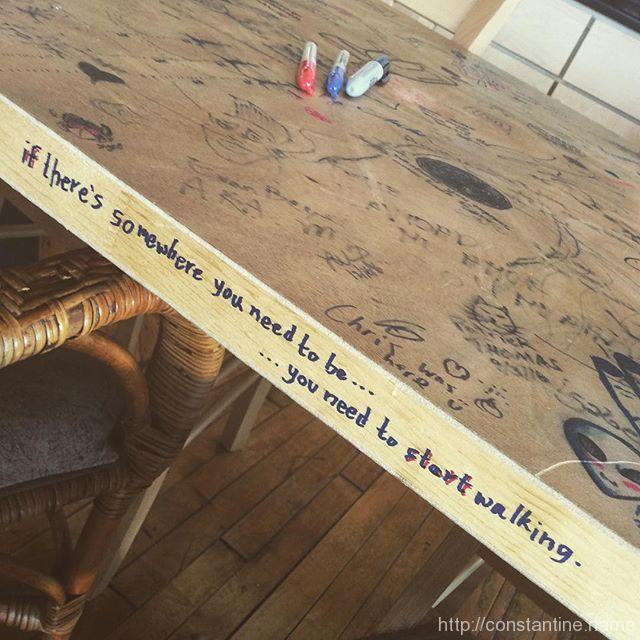I recently heard a conversation between Brian Koppelman and Steven Pressfield (circa 2019 in Koppelman’s podcast, The Moment) where Pressfield mentioned a few great things for creatives to remember: Being a professional has nothing to do with getting paid. Resistance is real, it’s myself, and is waiting for me to invite it to stop me. The Muse is real.
The muse really does reward me for being found working. I’ve learned, no matter the work, the muse approves when finding me ready with pen and paper close. But if the muse taps me and I fail to treat the gift appropriately—if I think, “I’ll remember that. I don’t need to write that down.”—then I hear the muse scoff, “we shall see.” We shall see if I remember. And we shall see if the muse waits a bit longer before checking on me again.
That, of course, was the reason for the pen all along: it’s a physical reminder that you are not reading merely to consume the words of others passively, but that you have an obligation to respond.
~ Mandy Brown from, Ways of writing
slip:4uaowi6.
I’m realizing that books themselves also need room to sprawl. If I keep them shelved upright, or even more simply stacked flat, they still seem to be squished into submission. When I am able to lay a few of them out, with some room for them to wave their invisible tendrils, they seem to taunt me: go ahead, pick me up! If there’s a tablet or some writing scraps at hand, or garish sticky notes for flagging pages, then it begins to feel like its own room with unfolding conversations. In the end, it’s almost a composition just having the books lying about.
ɕ
